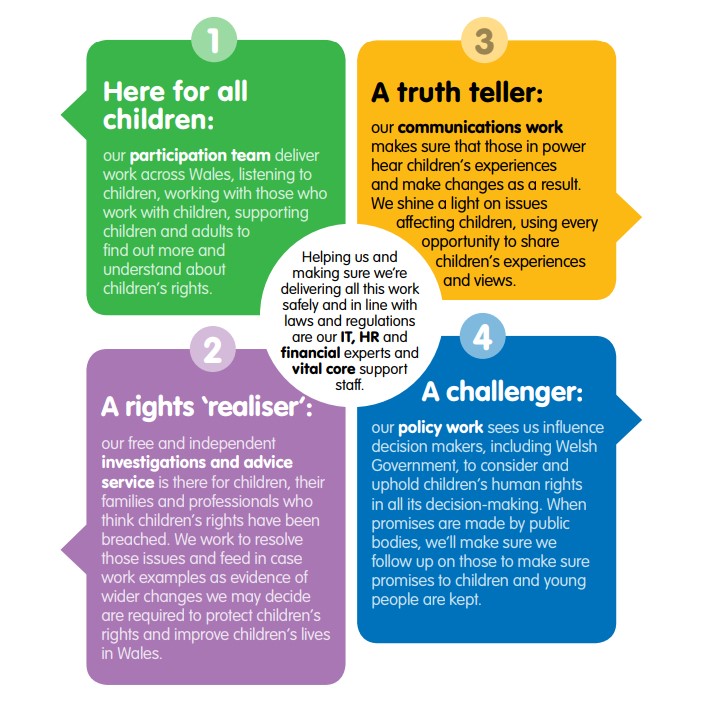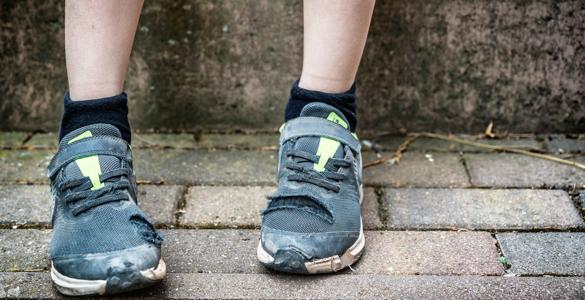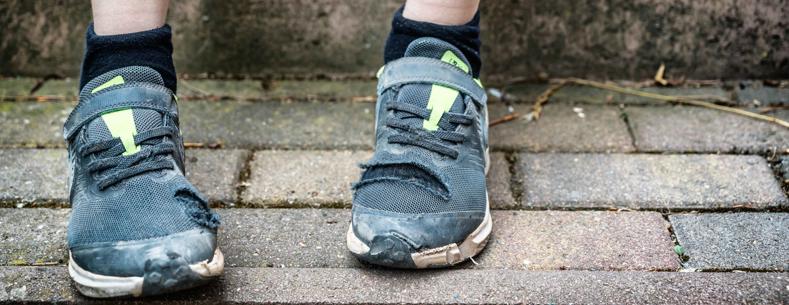This is the stated ambition of the Children’s Commissioners for Wales’, whose principal aim is to safeguard and promote the rights and welfare of children. In her second Annual Report as Commissioner, Rocio Cifuentes gives her verdict about what 2022-23 has meant for children’s rights in Wales and what more needs to be done.
Members of the Senedd will have their say on the wide range of policy issues raised in the report, when it is debated in Plenary next Tuesday (17 October).
Turn on the rights
The United Nations Convention of the Rights of the Child (UNCRC) is made up of 54 articles. These set out a wide range of rights for children and young people up to 18 years of age, including rights to protection, health, family, education, culture and leisure. The Rights of Children and Young Persons (Wales) Measure 2011 means the Welsh Ministers must give ‘due regard’ to the UNCRC in everything they do.
The report therefore considers and makes recommendations across a wide range of policy areas. These include mental health, safeguarding, housing, strip-searches of children and young people, gender identity services, support for disabled learners, school exclusions, home education, youth services, vaping and healthcare.
Some of the many recommendations for change that Rocio Cifuentes calls for are the need to:
- “Push for stronger and clearer measures” from the Welsh Government to address child poverty;
- “Include a commitment to a free public transport pilot for children and young people under 18 within this Senedd term”;
- “Establish ‘a Wales-wide system of reporting and data collection which will specifically collect data in relation to bullying and harassment, including on the basis of protected characteristics’”; and
- “Publish a detailed road map of all actions associated with the Radical Reform of Children’s Social Care Programme, including progress of action undertaken associated with child protection and safeguarding. This should be underpinned by timescales and outcome indicators.”.
Ambitions for Wales
Children have the right to express their views about things that affect them and to have their opinions taken into account when decisions are made. In her report, the Commissioner refers to the nearly 9,000 children and young people from across Wales that took part in the Commissioner’s Ambitions for Wales survey.
The Commissioner says that responses to this survey form the basis of her “Making life better for Children in Wales” document. It sets out her approach over the next three years:

The document also sets out the Commissioner’s policy priorities 2023-26:
- Making sure children and young people in Wales are supported to recover well from the Covid-19 pandemic;
- Mental health of children and young people and pursuing the No Wrong Door model;
- Convening an annual national child poverty summit to challenge and influence Government and services on action relating to child poverty;
- Effectiveness and consistency of the implementation of the Additional Learning Needs Act across Wales;
- Establishing why statutory guidance is seemingly not tackling bullying in schools;
- Exploring broader inequalities, including disability, race and LGBTQ+;
- Accommodation for children and their families: where do children live in Wales?;
- Tackling the lack of provision of key services including specialist schools and education placements; and
- Address inconsistent practice in schools and local authorities relating to DBS checks and the implementation of Estyn’s best practice advice in relation to this.
Child Poverty: The biggest issue affecting children in Wales
The Commissioner says child poverty is “the biggest issue affecting children in Wales” and has already said the Welsh Government’s recent draft child poverty strategy lacks ambition. She calls for the Welsh Government to create a child poverty action plan with a clear monitoring framework with measurable, time-bound targets. The Commissioner’s views echo the ”deep concern” expressed by the United Nations Committee on the Rights of the Child about “the large number of children living in poverty, food insecurity and homelessness” UK wide.
By 2027-28 the think tank Resolution Foundation expects UK child poverty to be at its highest rate for 30 years. We already know that 28% of children in Wales are living in relative poverty; given its impact on children’s education, health and future work prospects, its not surprising the issue is in the political spotlight once again.
You can watch Senedd Members debate the Commissioner’s report and children and young people’s rights in Wales on Senedd TV on Tuesday 17 October.
Article by Sian Thomas, Senedd Research, Welsh Parliament






